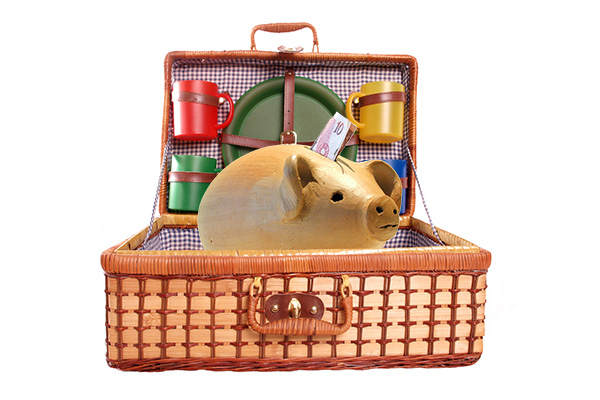Electoral Donations Raise Questions
Although such a dinner is not abnormal practice, this is not the first time Liu and the National Party have stirred controversy. Last year, it was revealed that Maurice Williamson, a National Minister, had contacted police in hopes of intervening with domestic violence charges against Liu. Williamson was forced to resign his ministerial portfolios due to the political embarrassment caused. Regarding the event, Key said Williamson made a “significant error of judgement” and had “crossed the line.”
The $25,000 donation from Liu to Ross was returned, and it is believed this is due to the controversy surrounding Liu the year following. The Botany MP has since dismissed the accusations, maintaining that a $24,000 donation from the National Party covered all his expenses for his local campaign.
This revelation has come with a wave of similar discrepancies among other MPs. Labour MP Stuart Nash, for example, received up to $99,000 in donations last year.
The Electoral Act requires candidates to disclose individuals who donate over $1500; however, donors to parties may remain anonymous if they give amounts up to $15,000. National has been criticised for abusing this as a loop-hole to disguise donations.
National received $1.2 million in donated funds for the 2014 election, but only $200,000 was donated to individual candidates. Individuals and businesses directly donated the other one million.
National Party President Peter Goodfellow maintains this isn’t an intended circumvention of the law. Goodfellow explained that circumstances of donations prevent the party from attaching the funds to a specific candidate. For example, donations are received over the three-year period leading up to an election, often before a candidate is selected for an electorate. Under the Act, money given for the purpose of electing a candidate in a specific electorate must be recorded as a “candidate donation”. Otherwise, it must be recorded as a “party donation”.
Whether Key’s dinner with Liu circumvented the system or not, it certainly raises questions of transparency in electoral law.







